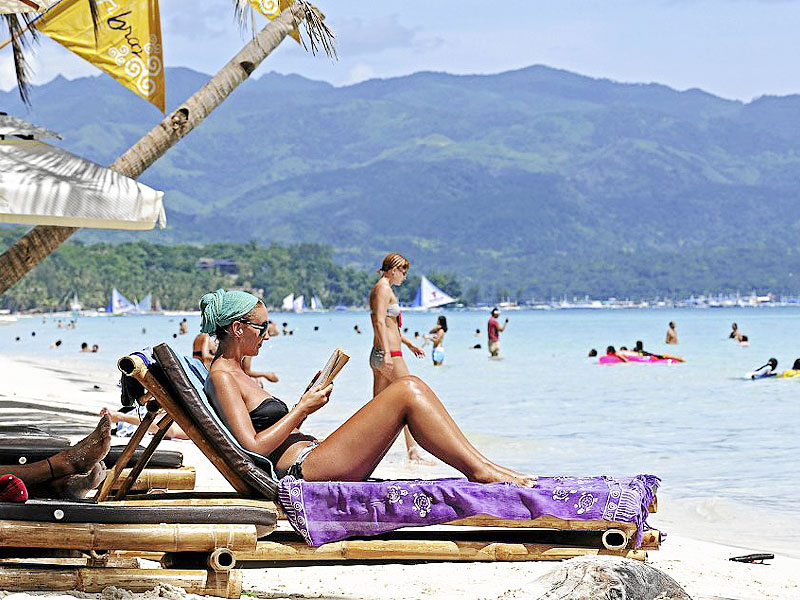
The governments of United Kingdom, Canada and Australia on Saturday followed the example of the United States and issued a travel advisory for its citizens against travel to the Philippines.
The warning was made after the United States issued an emergency message of possible threat that may occur in Metropolitan Manila until October 10, 2012.
In a revised and reissued travel advisory, the British government warned its citizens who are currently living or having vacation in the Philippines to “exercise particular caution and extra vigilance” in places frequented by expatriates and foreign nationals.
“The US embassy in Manila has issued a message advising of a threat against US citizens in Manila, particularly in the Pasay City neighborhood. The threat is considered to be in effect until 10 October 2012,” the advisory said.
“Any attack could be indiscriminate and we advise British nationals to exercise particular caution and extra vigilance in places frequented by expatriates and foreign nationals,” it emphasized.
The advisory noted that the threat from terrorism is not limited to airports, shopping malls, and places of worship, among others.
The UK also advised its citizens against all travel to southwest Mindanao and the Sulu archipelago due to the ongoing terrorist activity and clashes between the military and insurgent groups.
“We advise against all but essential travel to the remainder of Mindanao for the same reason. There is a threat from kidnapping in the Philippines, particularly in the south. Kidnapping could occur anywhere, including on coastal and island resorts and dive boats and sites in the Sulu Sea,” it said.
The Australian government on the other hand also advised its citizens to “exercise high degree of caution” when traveling in the Philippines.
It said that its citizens currently staying in the Philippines must also “reconsider” to travel in Eastern Mindanao.
It also advised Australians not to travel or avoid going to Central and Western Mindanao, including Zamboanga Peninsula and the Sulu Archipelago.
“We continue to strongly advise you not to travel to central and western Mindanao, including the Zamboanga and Sulu Archipelago, due to the very high threat of terrorist attack, kidnapping, violent crime, and violent clashes between armed groups. We continue to advise you to reconsider your need to travel to eastern Mindanao,” the advisory said.
The Canadian foreign affairs office said "continuing reports suggest that there is an ongoing terrorist threat to Westerners and Western interests in the Philippines".
Both military and police spokesmen in the Philippines said the threat warning did not originate from them, adding they were unaware of any specific plot against Americans, but also said coordination had been increased with the embassy to tighten security and monitor possible threat groups.
President Benigno Aquino's spokeswoman Abigail Valte said the police presence had been heightened in the capital to safeguard not only Americans but also ordinary citizens.
The US government issued an alert in November 2010 that warned of an attack in Manila, particularly areas frequented by foreigners, which also prompted similar travel advisories from Britain, Australia, Canada, New Zealand and France.
The attack never materialized and Aquino subsequently criticised the Western allies for damaging his country's tourism prospects.
The United States has a general warning about the risks of travel in the Philippines, a former US colony that has for decades battled Islamic separatist rebels and more hardline Muslim militants in the far south of the country.
The Abu Sayyaf, a small band of Muslim militants that authorities say was set up in the early 1990s with funds from the Al-Qaeda network, has kidnapped and killed Americans in the southern Mindanao region in recent years.
About 600 US troops have been rotating through the southern Philippines for a decade to help train local troops in hunting the Abu Sayyaf. However the Americans are barred from taking part in combat.-Interaksyon (September 29, 2012 7:27PM)

No comments:
Post a Comment